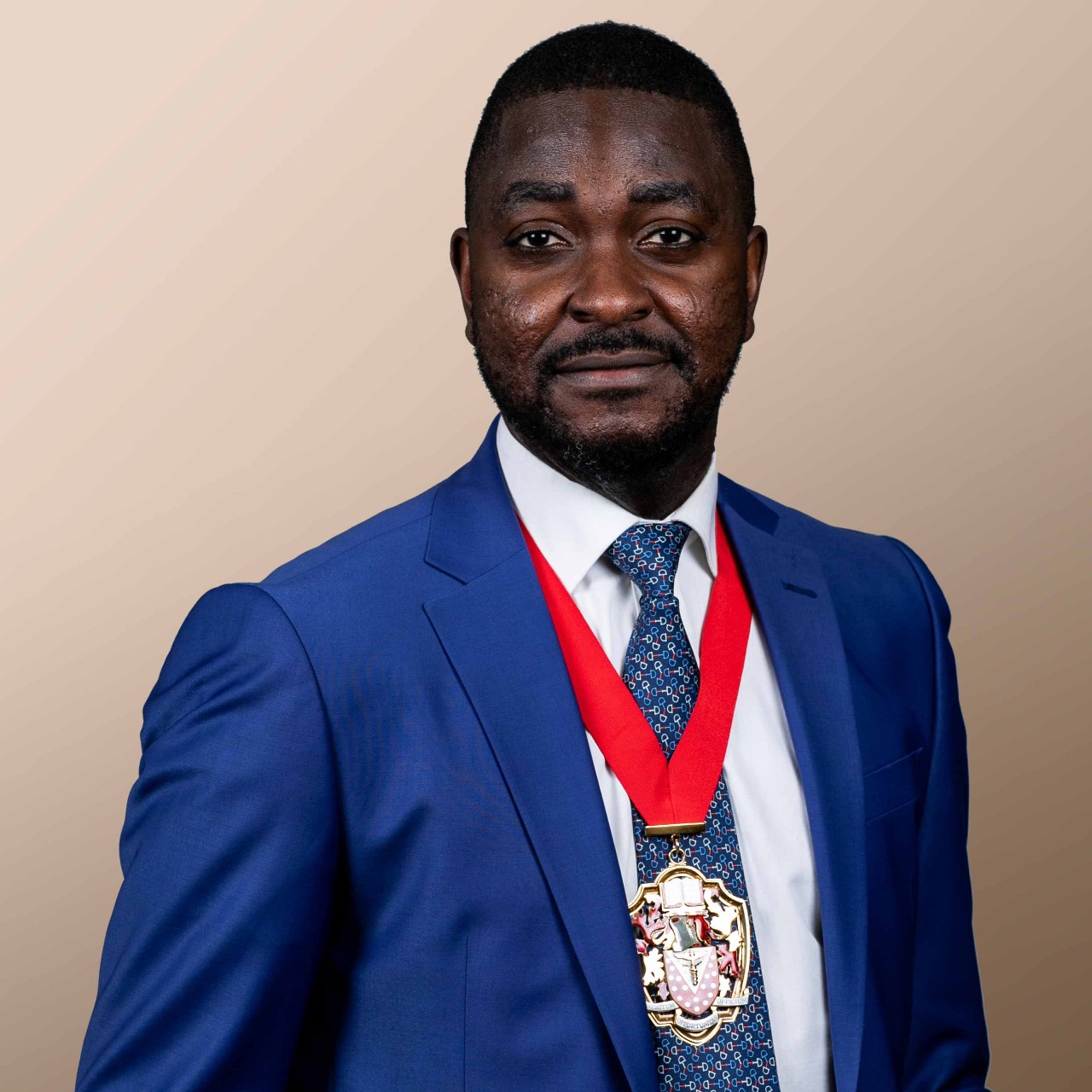
'Accountants can save the world.' That was the emphatic message from the opening session at the World Congress of Accountants (WCOA), in which a panel of experts gathered to explore the role of accountants as trusted partners in sustainability and society.
The comment came from Merran Kelsall, president and chair of CPA Australia, who observed that sustainability offered accountants 'enormous challenges', but also a significant place in pursuing a sustainability agenda that would, in turn, draw young people to a profession characterised by 'meaning and purpose'.
'Accountants are going to save the world'
Faced with a talent shortage, Kelsall said the message the profession needs to 'sell' to new recruits is its role in sustainability. 'They’ll be able to see that the accounting profession has this wonderful opportunity – accountants are going to save the world,' he said.
Public interest
More than 6,000 delegates gathered in Mumbai for the 21st Congress, the International Federation of Accountants’ (IFAC) 'Olympics' for the profession, this year run by the Institute of Chartered Accountants in India (ICAI). Chaired by Alan Johnson, IFAC’s outgoing president, the curtain-raiser set the scene for a conference exploring multiple aspects of accountancy’s public interest function.
'We rely on a foundation of ethical behaviour to decide what’s actually reported'
Kelsall’s comments emerged among observations made about the role of accountants in delivering sustainability through non-financial reporting, assurance and maintaining ethical standards.
The discussion touched on the alarming issue of 'greenwashing' by companies of their sustainability credentials.
Julie Linn Teigland, EY’s managing partner for Europe, the Middle East, India and Africa, said accountants would have to be 'highly sceptical' of disclosures and data related to climate and sustainability.
'Our role is to challenge at every step to ensure that greenwashing is not happening. And there we really rely on… a foundation of ethical behaviour – what’s right and what’s wrong – to decide what’s actually reported.
'This is such a critical role,' she added. 'Our job is not only to instill trust in the capital markets, but also, eventually, help protect the planet by ensuring that greenwashing is not happening.'
Building trust
'Trust' was a core part of the panel’s conversation. Atul Kumar Gupta, an IFAC board member and a past president of ICAI, described an Indian profession steeped in the tenets of trust and what he described as its eight components: clarity, compassion, character, competency, commitment, connectivity, contribution and consistency.
'The profession evolves around the word "trust" and these are the eight pillars. You have to develop your [accountancy] ecosystem around those pillars of trust,' he said.
Gupta said trust in accountants had enabled the profession to play a significant role in growing the Indian economy to US$5 trillion by 2024 under a plan led by the country’s prime minister Narendra Modi.
The 'ecosystem' around India’s accountants – qualification, accounting and ethical standards – was a factor that companies pursing growth could 'leverage', Gupta said.
Accountants in 'every nook and corner' of the economy will ensure that new laws and regulation will be implemented.
He also said ICAI had a position as a role model in creating an environment of inclusivity and opportunity. Gupta cited the case of a rickshaw driver’s daughter who had qualified with ICAI. He said her story reflected 'social and economic reform' in India.
'I stayed in this profession for as long as I have because it is a profession of purpose'
Professional ethics
A discussion of professional ethics underpinned much of the panel discussion. Grabriela Figueiredo Dias, chair of the International Ethics Standards Board for Accountants (IESBA), told the Congress that the one common factor in many corporate failures is an underlying lapse in ethical behaviour somewhere within the companies involved.
This gives accountants, governed as they are by the IESBA’s code of ethics, an important leadership role in setting ethical culture.
'Accountants, because they have a code of ethics and must abide by these ethical standards, have a particular role in making the ethical culture of a corporate,' she said.
'They should be the benchmark, they should be the example, they should, and they must, set the tone on the boards on which they sit.'
Johnson closed the discussion with a rousing call to action. 'I came into this profession just over 40 years ago because I believed this was a profession of purpose. And I stayed in this profession for as long as I have because it is a profession of purpose.
'We do make a difference in the world. We can save the world,' he concluded.





